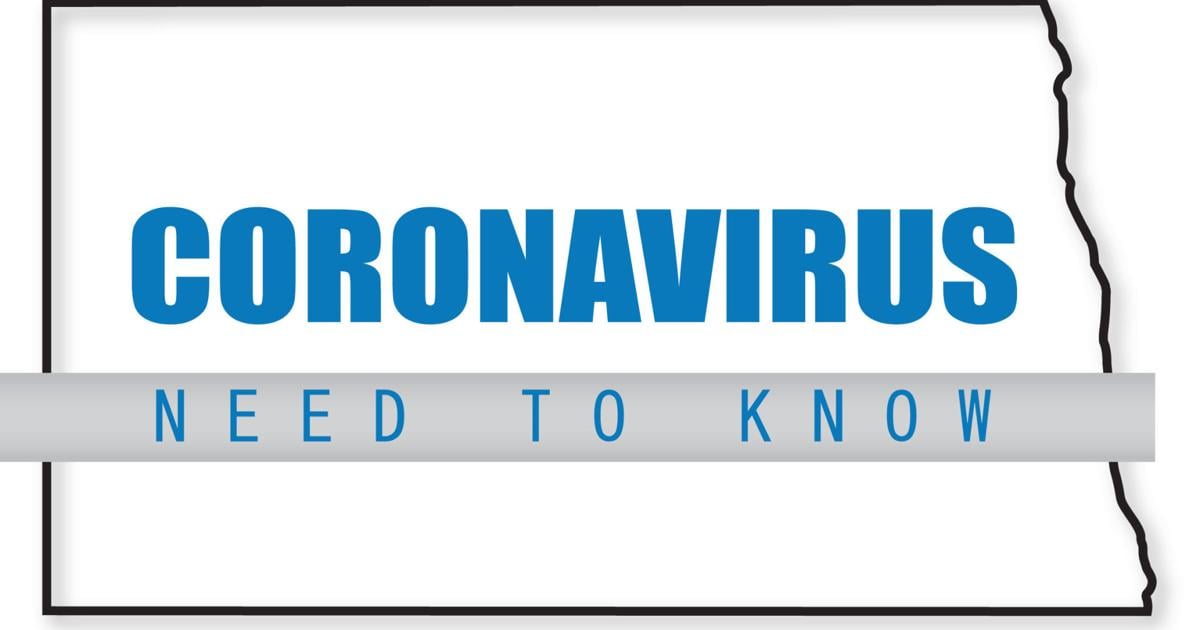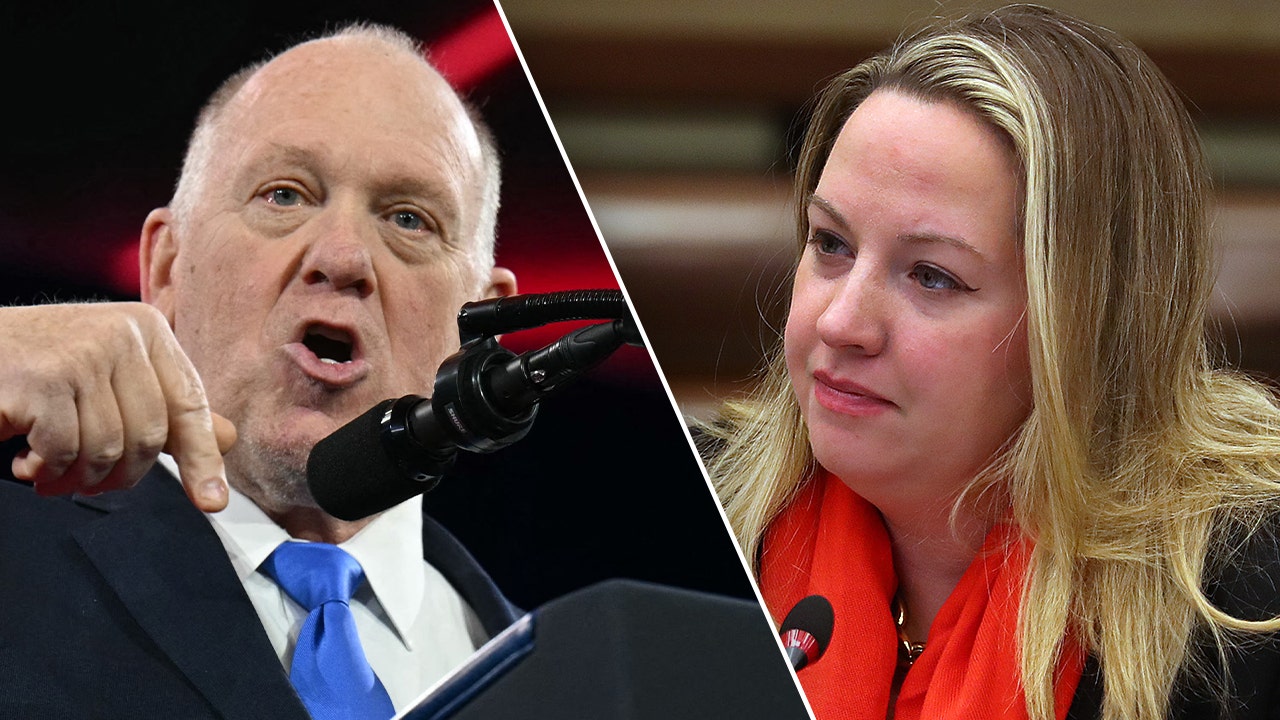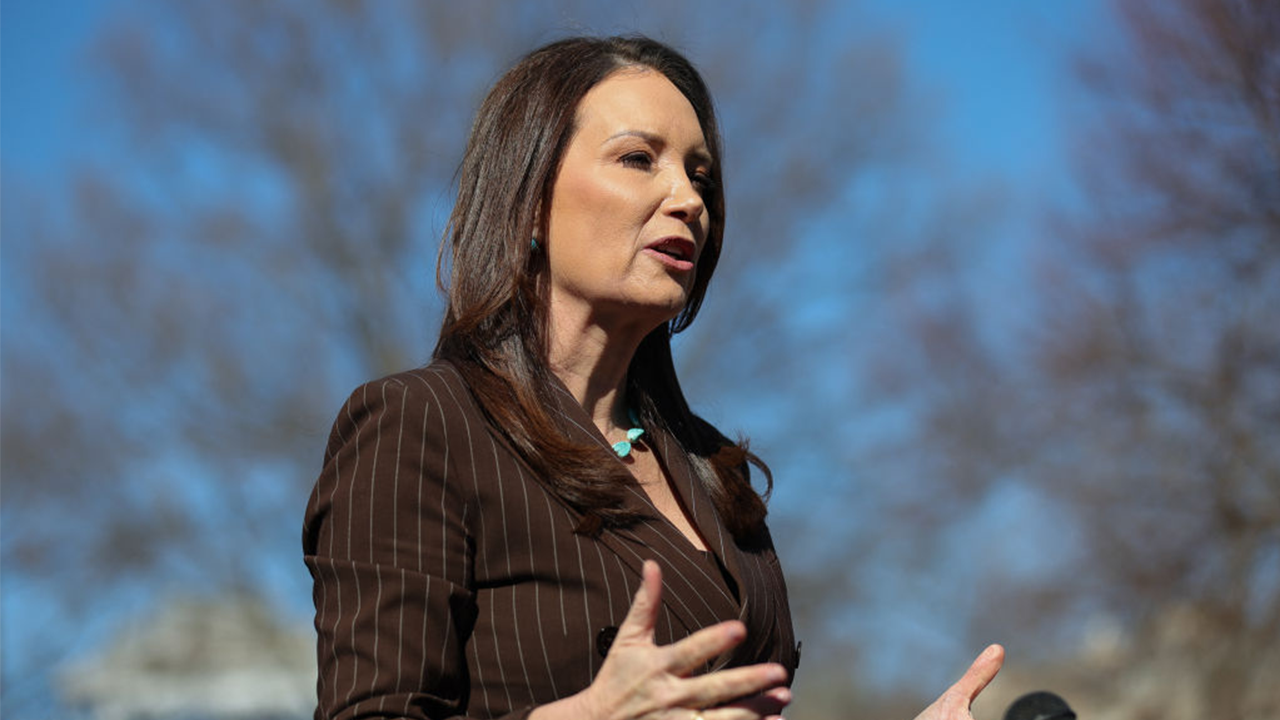FARGO — Local leaders are keeping a close eye on moves in the state Legislature that aim to offer property tax relief after Gov. Kelly Armstrong identified that as a key legislative priority.
If passed,
House Bill 1176
would place a 3% cap on annual property tax levy increases for political subdivisions. The bill, introduced by Rep. Mike Nathe, R-Bismarck, includes a host of other property tax changes championed by Armstrong, as well as tax relief for renters and elderly homeowners.
On behalf of the most populated county in the state, Cass County Commission Chair
Tony Grindberg told lawmakers this process should include collaboration between the state and local powers.
He submitted opposing testimony to the bill.
“We want a seat at the table to be part of the solution,” Grindberg told The Forum. “A 3% cap creates challenges for the state’s fastest-growing county.”
While the county supports statewide efforts to expand property tax relief to primary residences, there is concern at the county level that the bill doesn’t adequately factor in inflation, economic and population growth, or changing requirements for government.
Historically, Cass County has maintained healthy finances through “fiscally conservative budgets,” Grindberg said.
A 3% cap on annual property tax increases doesn’t align with the growing demands on the county, he said, including increased costs across the board, workforce challenges and an ongoing jail expansion.
If this is put into law, Cass County will either need to cut services or face a deficit of $4 million by 2026, he said. The bulk of the county’s budget is earmarked for public safety offices like the jail, sheriff and state’s attorney, he said, and other cuts could impact the highway fund for road upkeep.
Ultimately, Grindberg said he hopes lawmakers arrive at the right decisions for property tax relief and reform that provide a level of local control and flexibility.
“It will all work out, but it’s going to take a collective effort,” he said.
The Fargo School Board is asking the Legislature to push forward property tax reform that prioritizes local control and can be easily and practically applied throughout the state.
On behalf of the board, member
Robin Nelson submitted neutral testimony to the bill.
It’s increasingly apparent that property tax issues are complex, Nelson told The Forum, and require more thought than placing a cap on local government.
However, that’s how leading goes, she said, noting it involves coming to the table with an idea and working on it until it’s the best it can be.
“That’s how the democratic process works,” Nelson said. “Legislation is sausage-making.”
At the end of the day, Nelson said, the best ideas from around the table will be formed into a final solution to best serve the interests of local communities.
The city of Fargo is excited to see property tax reform and the positive impact it will have on residents, Mayor Tim Mahoney said. He did not submit testimony on the bill.
However, the city isn’t without worry about the shifting landscape.
The 3% cap on annual increases won’t keep up with the growth of communities like Fargo, West Fargo and Horace, Mahoney said.
These concerns have been brought to Armstrong’s attention on behalf of the Fargo City Commission and the city of West Fargo, he said, and leaders from both communities plan to work alongside state leaders to find solutions.
At the end of the day, the city wants to continue providing services to residents, Mahoney said, and could face cuts if the community’s growth outpaces the proposed cap.
“People expect great services in their community,” he said.
Legislators amended HB 1176 several times since its introduction.
Most notably, lawmakers adjusted the bill to allow voters to exclude their county or city from the levy increase caps for up to 10 years,
The Bismarck Tribune reported.
Armstrong told The Bismarck Tribune the built-in flexibility could be “a little more restrictive,” but he commended the hard work that is moving the bill forward.
There has been a mixed response to the bill,
according to submitted testimony,
with roughly half in favor, a quarter opposed and another quarter neutral.
Most of the written comments were submitted on behalf of government entities or by government officials and other large organizations.
The bill was sent to the House Appropriations Committee on Feb. 11 and is awaiting a recommendation there.































